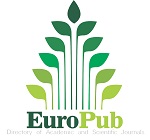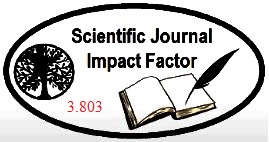A Comparative Study of the Reflection of "Love"in the Thought of Ibn Arabi and Muhammad Iqbal with Emphasis on Fusus al-Hikam and Javidnama
مقایسۀ تطبیقی بازتاب «عشق» در اندیشه ابن عربی و اقبال لاهوریبا تکیه بر جاویدنامه و فصوص الحکم
Keywords:
Love, Ibn Arabi, Muhammad Iqbal, Unity of Being, Khudi, Intuition, Transformation, Islamic Mysticism, Knowledge, Divine VicegerencyAbstract
Love, as one of the most fundamental concepts in Islamic mysticism, has held a central place in the intellectual systems of many Muslim thinkers. Among them, both Ibn Arabi and Muhammad Iqbal present love as a transcendent force in the evolution of humanity and the cosmos, yet their approaches differ significantly. Ibn Arabi, within the framework of the doctrine of the Unity of Being (wahdat al-wujud), sees love as an eternal and essential reality that encompasses all existence and serves as a medium for understanding the divine names and attributes. In his view, love is a unifying force that guides the human being toward the vision of Absolute Truth and interprets all manifestations of the universe through divine love. In contrast, Iqbal presents love as a dynamic, creative, and revolutionary force that is realized within the concept of the Self (khudi). For Iqbal, love is a life-giving power that liberates the individual from passivity and determinism, propelling them toward personal and social evolution. Unlike Ibn Arabi, who regards love as a supra-temporal and intuitive phenomenon, Iqbal sees love as the driving force behind action, transformation, and progress, ultimately leading the human being to the station of divine vicegerency (khilafat). This comparative study examines the concept of love in the thoughts of Ibn Arabi and Iqbal and reveals that, while both consider love a divine and transcendent force, their views differ profoundly regarding its role in personal and societal development. While Ibn Arabi emphasizes the metaphysical and ontological dimensions of love, Iqbal ties it to dynamism, willpower, and socio-spiritual transformation.
Downloads
Downloads
Published
Issue
Section
License
© Author(s). This article is published as Open Access under the Creative Commons Attribution 4.0 International License (CC BY 4.0), which permits unrestricted use, distribution, and reproduction in any medium, provided the original work is properly cited.















